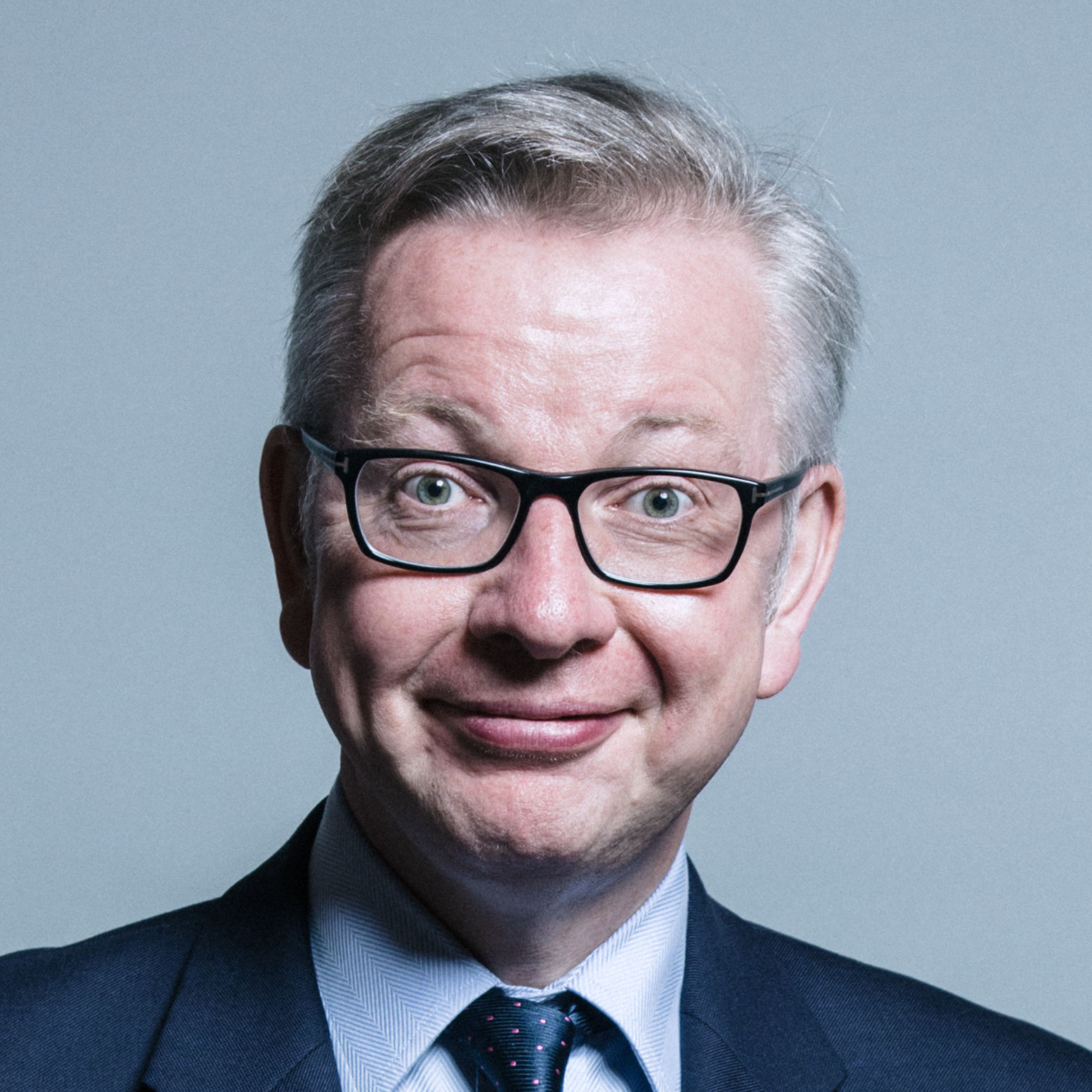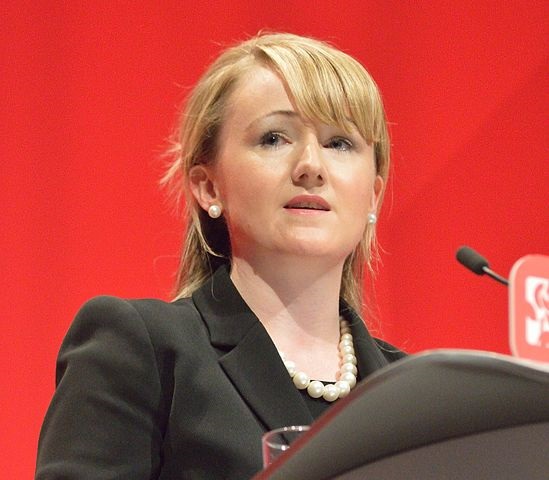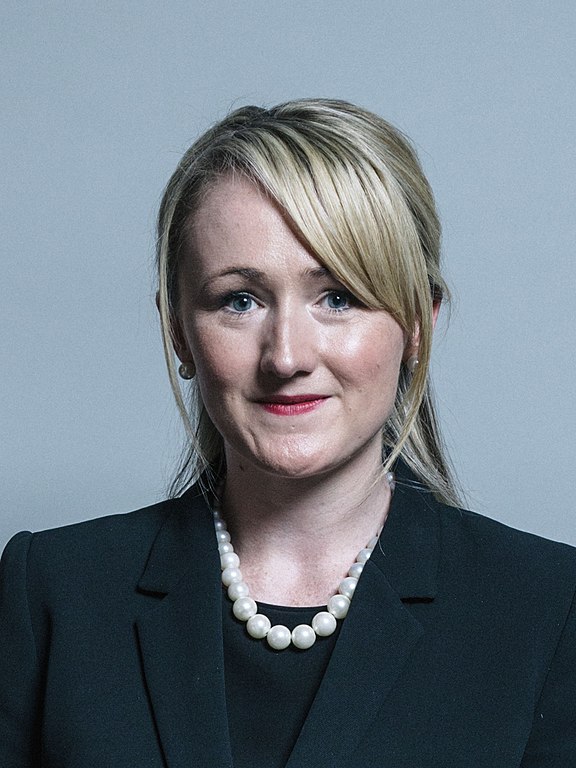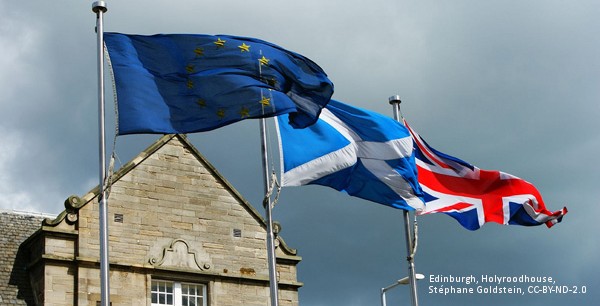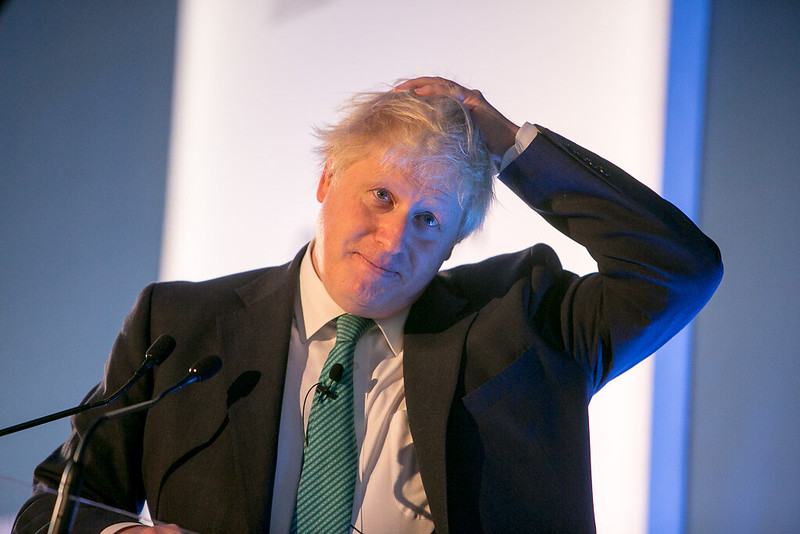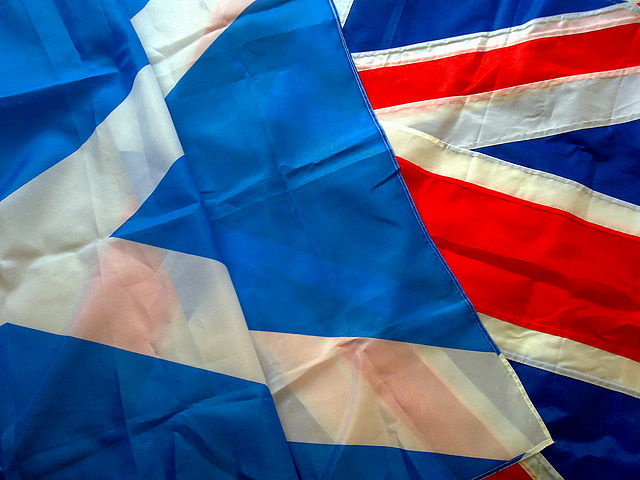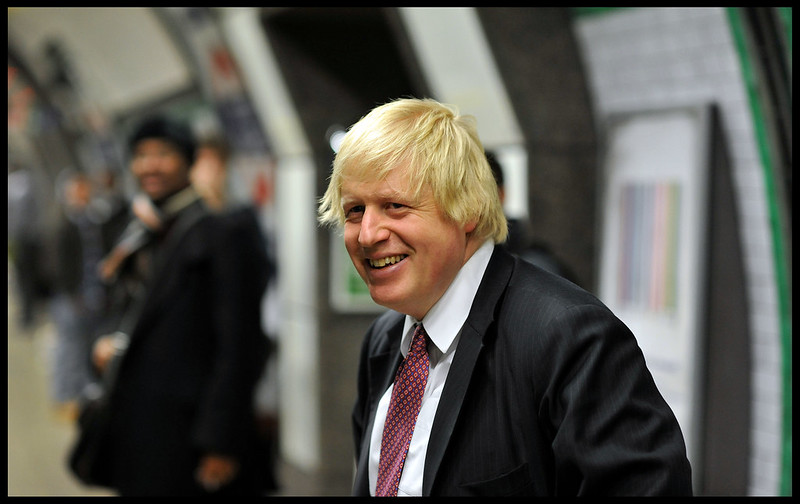30 May 2019 | OPINION
Despite experiencing the consequences of his contentious high school education reforms during the coalition years, Michael Gove should be the next Conservative leader and the next Prime Minister.
Contrastingly to Theresa May, Gove is an ardent Eurosceptic. He backed Brexit because he believed that Britain could flourish outside the EU, as opposed to the likes of Boris Johnson who used EU withdrawal to advance his political career. Gove is pragmatic; he worked efficiently in DEFRA as Environment Secretary, enhancing his reputation and credibility in office.
Gove was at the heart of the Vote Leave campaign and provided a potent package which secured victory alongside the populist character of Johnson. His articulate essay outlined his motives for backing Leave and that coupled with the populist, devastating slogan of ‘take back control’ forced the Remain campaign to explain the technicalities of EU institutions. By the time they had explained the workings of the single market and customs union, for instance, the electorate had disengaged from the debate.
Given the increasing prospect of a no-deal Brexit, the next Conservative leader and prime minister cannot be someone who simply ‘respects’ the result of the referendum. The Labour frontbench supposedly respected the result and Corbyn looks set to finally commit to a public vote. Theresa May was dutiful until the end but the reality was that she did not wholeheartedly believe in Brexit; in her heart, she believed that she had secured the best deal for Britain, but her ill-fated Withdrawal Agreement symbolised damage limitation, as opposed to maximising the opportunities that Brexit can bring.
Although outlining a modernisation package for the Tories as we enter into the 2020s may be credible, it is not the salient issue of this leadership contest. Resolving Brexit has to be the immediate task for the next Prime Minister; it is political suicide for the Conservative Party to enter into a general election without delivering Brexit. Delivering Brexit does not mean a no-deal Brexit on Halloween, however. There is no majority for this in Parliament, so a pragmatic Brexit solution is required, something that can satisfy moderates on the Leave side of the argument and those who voted Remain in 2016 but are willing to accept the result and move forward.
There is little use articulating a post-Brexit vision when just like Cameron and May, this premiership will be defined by the European question. Dominic Raab’s campaign video appeared to be more appropriate for a presidential primary; Boris is overly reliant on his exuberant personality without providing substance; and whilst Rory Stewart is touring the length and breadth of the country trying to seek consensus, Gove edged ahead of his rivals by advocating that free UK citizenship would be offered to EU citizens living in Britain at the time of the 2016 ballot.
This policy marks a complete contrast to Theresa May’s approach where EU citizens would have to apply for ‘settled status’ and permanent EU residents would have to re-apply. The Prime Minister even had the audacity to charge European citizens £65 to apply for the supposed rights and privileges of residing in the U.K. Gove’s policy is to convey to the public that the Tory party is distancing itself from the ‘nasty party’ image, something which was evident in light of the Windrush scandal and Theresa May’s hostile environment approach towards immigration.
An individual with Cabinet experience is crucial as the UK is in a constitutional crisis. Gove has experience in abundance; since his election in 2005, he has had an illustrious political career, having held the positions of Education Secretary, Chief Whip, Justice Secretary, Lord Chancellor and Environment Secretary.
The May administration was synonymous with the failure to deliver Brexit, but, quietly yet pragmatically, Gove enhanced his credibility as a future Prime Minister through his work as Environment Secretary. He announced that there would be no divergence from high agricultural standards, even at the expense of prospective and attractive trade deals with the US; tougher labelling laws for allergy sufferers, a response to the death of Natasha Ednan-Laperouse; he also took a proactive stance on climate change by pursuing the Clean Air Strategy.
Gove has shone in DEFRA, whilst his rivals for Tory leadership have blundered on a larger platform. Sajid Javid’s competence was heavily scrutinised when he completely misjudged the Shamima Begum case; his attempt to revoke her citizenship was ideologically motivated, despite knowing it would contravene international law. Dominic Grieve deemed Boris Johnson to be not ‘fit for office’ following his comments which compared Muslim women who wear the veil to ‘letterboxes’ and ‘bank robbers’. The former Brexit Secretary, Dominic Raab, was seemingly unaware of the importance of the Dover-Calais trade route and Esther McVey thought an increase in the use of food banks was positive due to their communitarian spirit.
Delivering Brexit will define this subsequent premiership. Gove can resolve Brexit in a pragmatic way. Once Brexit is delivered, he can be at the heart of modernising the Conservative image, building on his work as Environment Secretary, leading the way on providing solutions to global challenges such as climate change.






